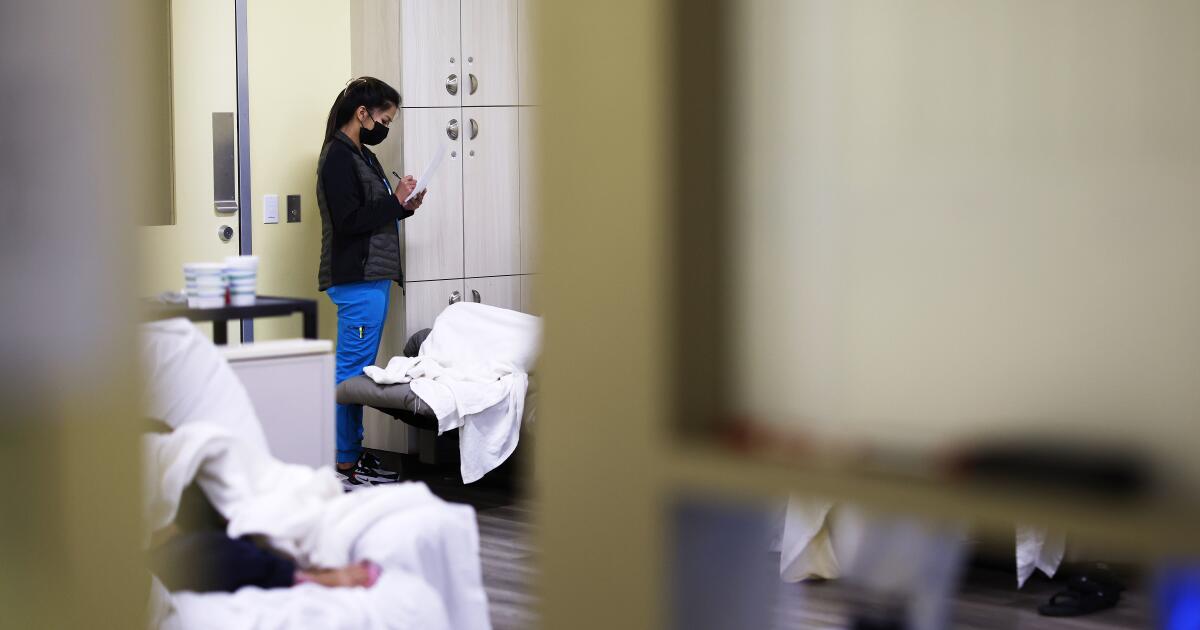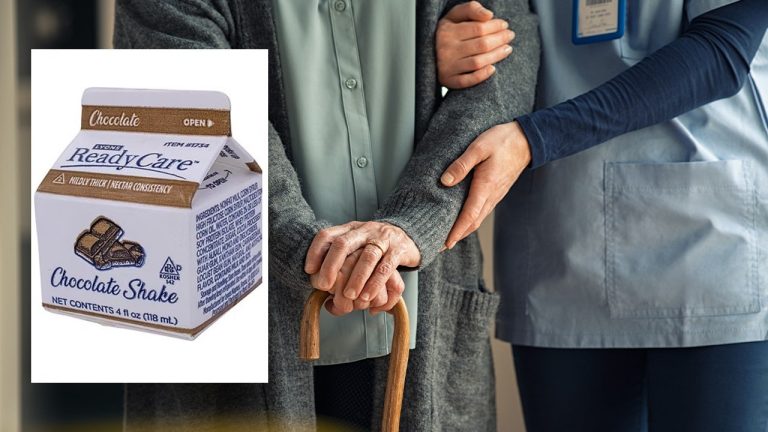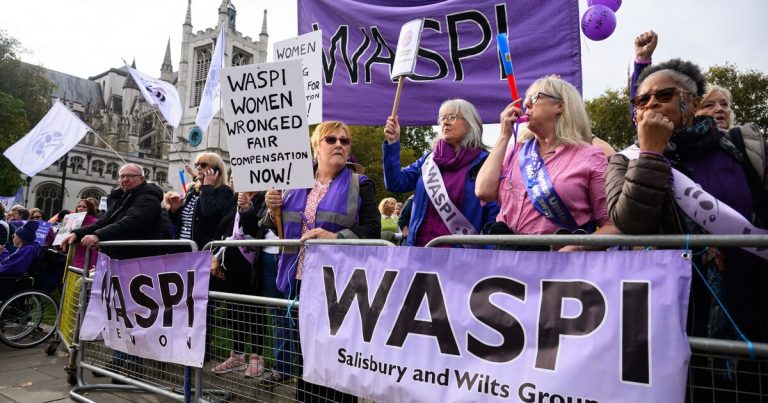

Though some of its members said they are concerned about losing control of millions in state mental health funds, the San Diego County Board of Supervisors decided Tuesday to endorse Proposition 1, the $6.38 billion bond that would leverage revenue from California’s existing millionaire tax to build more facilities for those who need mental health and substance abuse treatment.
On a 3-2 vote, with members Joel Anderson and Jim Desmond in opposition, supervisors approved a resolution in support of the measure that is set to appear on the March 5 primary ballot.
As an analysis by California’s nonpartisan Legislative Analyst’s Office attests, Prop. 1 would reallocate about $140 million per year of the $2 billion to $3.5 billion in annual revenue collected through Proposition 63, the 1 percent income tax on personal income in excess of $1 million that voters approved in 2004.
Otherwise known as the Mental Health Services Act, Prop. 63 allocates about 95 percent of revenue to county governments, allowing boards to spend funds on mental health services.
Prop. 1 will not change the tax itself.
One percent of personal income for those bringing in more than $1 million per year will still be collected and allocated for mental health services. But, if voters approve the new measure on March 5, the state’s share of that cash will increase from 5 percent to 10 percent. Counties would see their share of MHSA revenue fall from 95 percent to 90 percent. The state’s larger 10 percent share — estimated to be $310 million annually — would be used to repay more than $6 billion in bonds over 30 years.
About 30 percent of the bond proceeds would be used to build housing statewide while 70 percent would pay to build new facilities.
The state estimates that the cash “would build places for 6,800 people to receive mental health care and drug or alcohol treatment at any one time,” and “up to 4,350 housing units, with 2,350 set aside for veterans, a number that is said to “provide housing to over 20 percent of veterans experiencing homelessness.”
The legislative analyst’s assessment finds that this additional spending will not be enough to solve either the need for more behavioral health and substance abuse treatment nor the need for housing. Spending, the report says, “would build a lot of new treatment places,” but “there may be some need for new places after the bond funds are spent. And, “the number of housing units built by the bond would reduce statewide homelessness by only a small amount.”
Supervisor Terra Lawson-Remer, among the three who voted to support Prop. 1, said that while the county has spent heavily on local programs to address mental health care, substance abuse and homelessness problems, even launching 37 mobile crisis response teams countywide, a broader effort is also needed.
“It’s becoming clearer every day that we need reform at the state to continue delivering better services, we need more funding, and we need different kinds of funding streams,” Lawson-Remer said. “Thanks to Governor Newsom, and the Legislature, Proposition 1 ‘Treatment not Tents,’ if passed by voters in March, will refocus billions in existing funds, it’ll prioritize the individuals that have the greatest mental health needs, are living in encampments and suffering from substance abuse issues.”
But Desmond said he voted against endorsing Prop. 1 because he and many others simply believe that counties know best where to spend MHSA funds, especially given that the revenue is already spent on important programs such as crisis stabilization units, which bring in significant additional funding from federal sources, leveraging high-earner income tax revenue.
“My understanding is that we pay 30 percent of the cost for the crisis stabilization units, and the federal government matches us with 70 percent,” Desmond said. “If that pot gets lower for the Mental Health Services Act, things like crisis stabilization units, we’ll still fund those, but something else is coming off, that pot is shrinking.”






